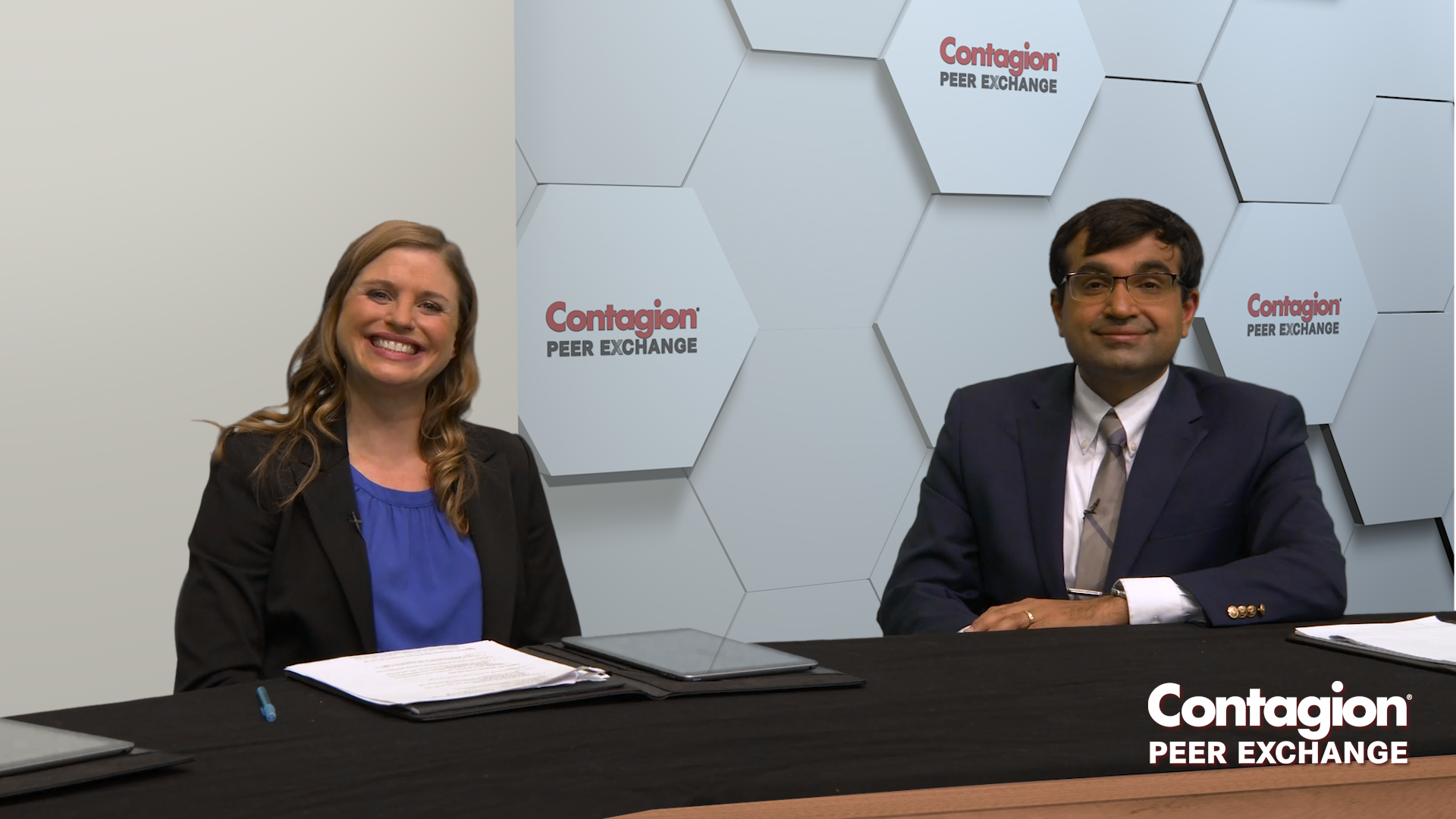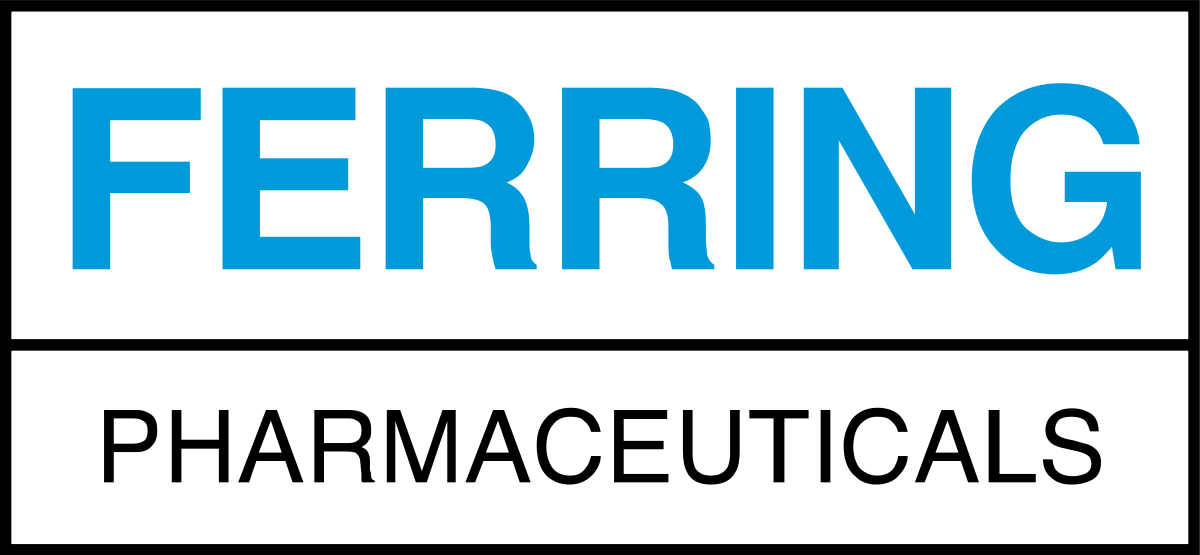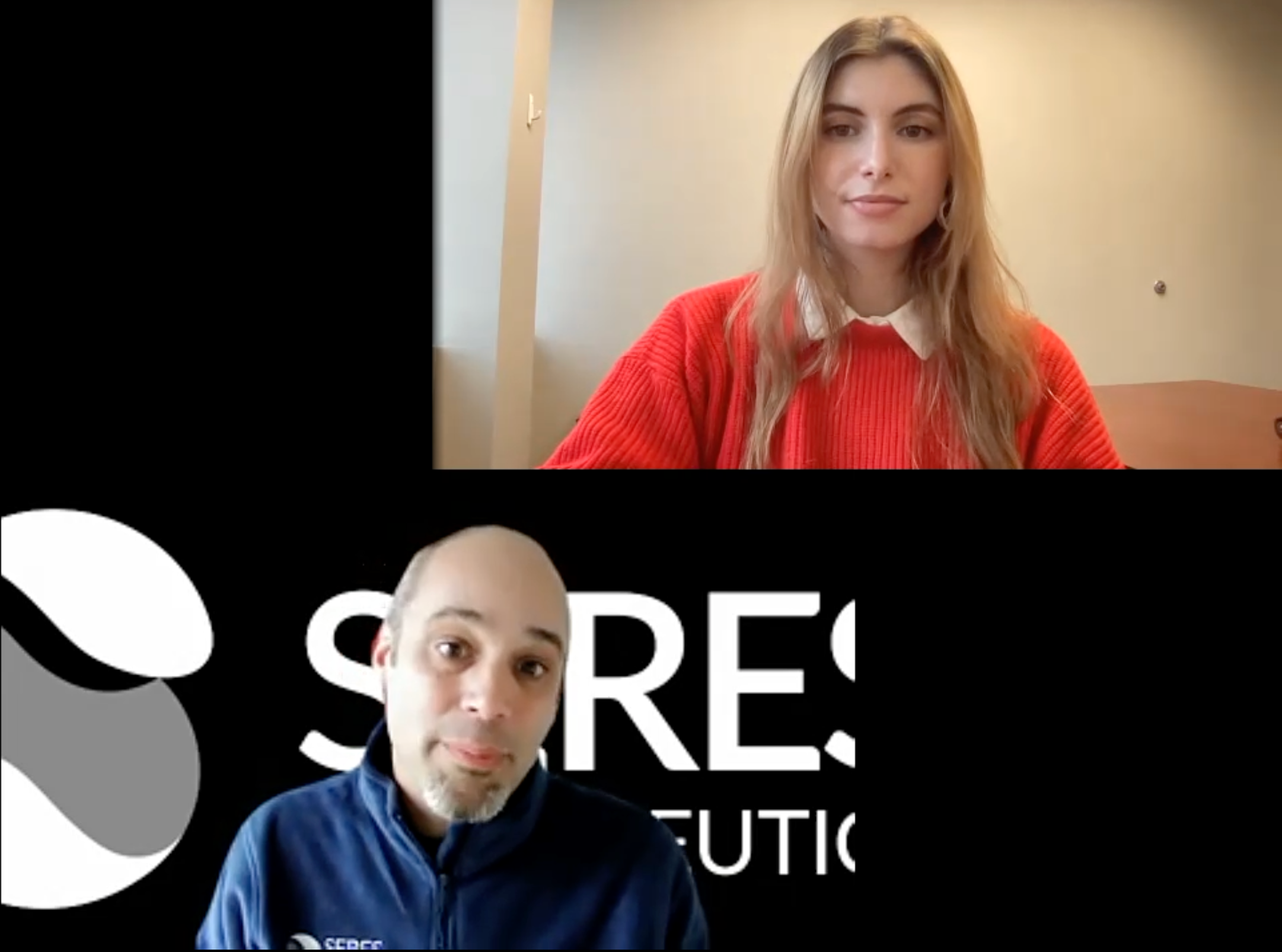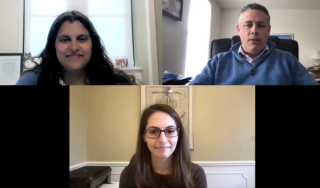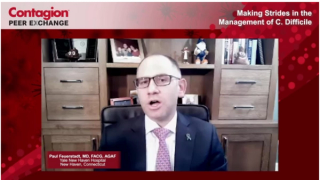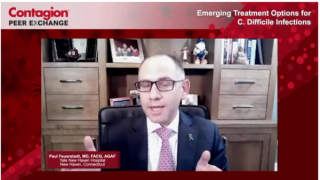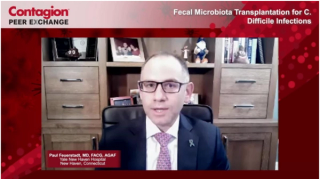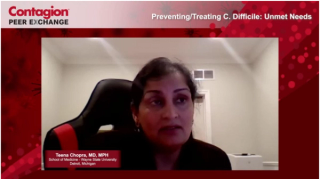
C. Difficile
Latest News
Latest Videos

CME Content
More News

Practical considerations for the future use of novel FMT therapy for patients with recurrent Clostridioides difficile infection.
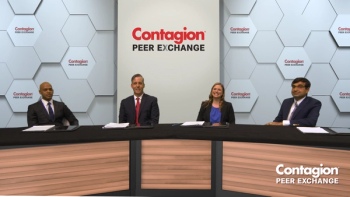
The panel reviews phase 3 data behind SER-109, another novel FMT therapy for patients with recurrent Clostridioides difficile infection.
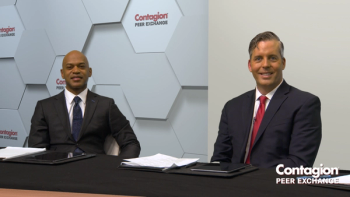
Shared insight on the phase 3 data behind RBX2660, a novel FMT therapy for patients with recurrent Clostridioides difficile infection.
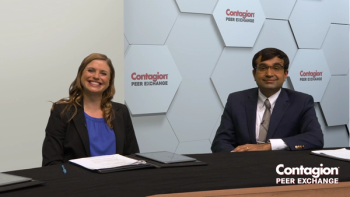
Experts reflect on the barriers to utilizing fecal microbiota transplantation therapy in Clostridioides difficile infection.
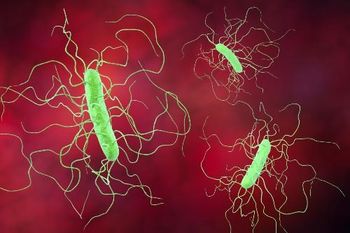
In a study of more than 600 elderly Japanese, being overweight was a protective factor against Clostridioides difficile infection (CDI).
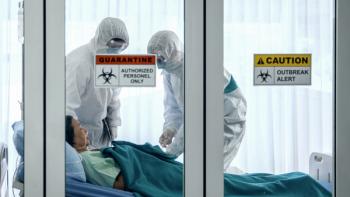
COVID-19 patients were not at increased risk of Clostridium difficile infection. However, those already infected with C diff were more likely to experience severe outcomes.

The panel considers optimal therapy for recurrent CDI, particularly the role of fecal microbiota transplantation.

Centering their discussion around a patient case of CDI, experts discuss optimal therapy selection given available agents and guidelines.

Christian Lillis, co-founder and executive director of the Peggy Lillis Foundation (PLF) for C diff Education & Advocacy, says that taking care of each other is often the best way to stop the spread of infectious diseases.

Experts consider optimal approaches to administering therapy for CDI and share insight on available treatment guidelines.

Shared insight on the prevalence of recurring Clostridioides difficile infection and management strategies.
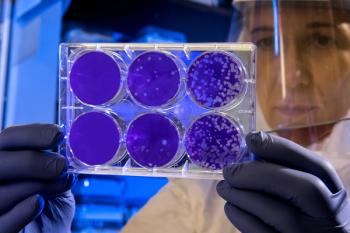
For the first time, investigators proved that a higher presence of Clostridioides difficile bacteria and toxins cause a more severe infection.

The investigational therapy, ibezapolstat, demonstrated promising results in early trials.
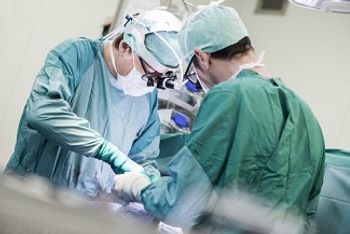
The results are likely specific to areas without hypervirulent strains of Clostridioides difficile, such as Australia.

Experts review the impact that medications, antibiotic or otherwise, may have on the development of Clostridioides difficile infection.

An overview of the risk factors that contribute to the development of Clostridioides difficile infection in various health care settings.

Hospital-onset CDI rates dropped by 6% in the first quarter of the program, which launched in 2016.

Comprehensive discussion on the identification of Clostridioides difficile infection, the spectrum of disease, and overall epidemiology.

The panel reflects on how disruption of the gut microbiome leads to the proliferation of Clostridioides difficile.

Shared insight on how disruption of the gut microbiome may occur based on antibiotic exposure, environmental factors, and diet.

Opening their discussion on Clostridioides difficile, experts provide an overview on the gut microbiome and colonization resistance.

Clinical care is evolving in this area and shows promise in the various modalities and therapies that are going through clinical trials.

During the C Diff Foundation's Annual conference, providers and stakeholders offered insights on the latest investigational therapies and modalities as they advance through clinical trials.
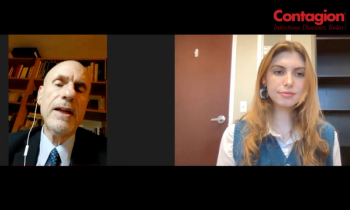
Dr. Nicola Petrosillo discusses treating C difficile infection and maintaining antimicrobial stewardship during the height of the COVID-19 pandemic in Italy.

Results on this investigational antibiotic in its phase 2A study were presented at the C Diff. Conference today.

